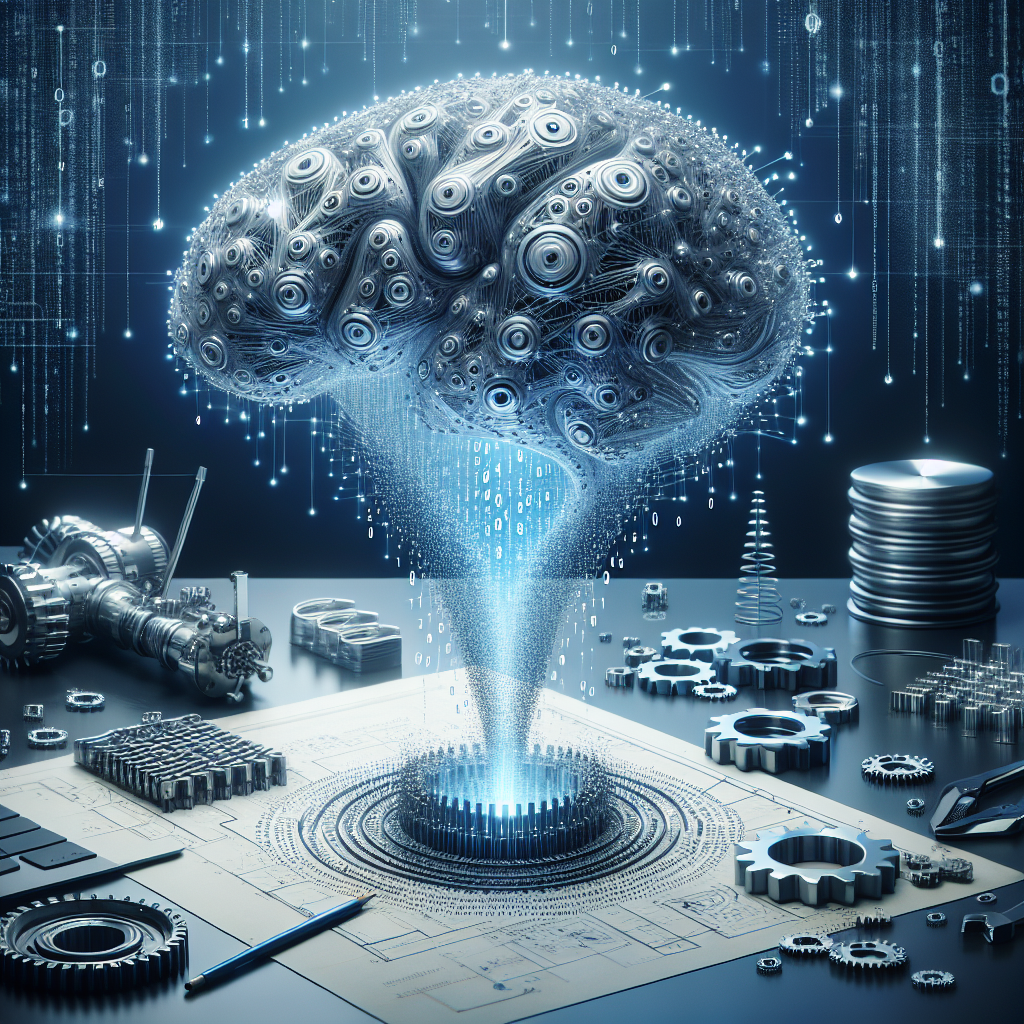Fix today. Protect forever.
Secure your devices with the #1 malware removal and protection software
In recent years, artificial intelligence (AI) has become a game-changer in various industries, from healthcare to finance to retail. AI has the potential to revolutionize the way we work, live, and interact with technology. One of the key advancements in AI engineering that is driving this revolution is the development of foundation models.
Foundation models are large-scale AI models that are pre-trained on vast amounts of data to perform a wide range of tasks. These models serve as a starting point for building more specialized AI models, saving time and resources in the development process. By leveraging foundation models, AI engineers can focus on fine-tuning the models for specific tasks rather than starting from scratch.
The concept of foundation models was popularized by OpenAI’s GPT (Generative Pre-trained Transformer) series of models, starting with GPT-2 and followed by GPT-3. These models have demonstrated impressive capabilities in natural language processing, including text generation, translation, and question-answering. Their success has inspired other companies and research institutions to develop their own foundation models for different applications.
One of the key benefits of foundation models is their ability to transfer knowledge across different tasks and domains. For example, a foundation model trained on a large text corpus can be fine-tuned for tasks such as sentiment analysis, language translation, or summarization with minimal additional training. This transfer learning approach allows AI engineers to build more efficient and effective models for specific tasks.
Moreover, foundation models enable AI engineers to scale their AI projects more easily. Instead of starting from scratch for each new project, engineers can leverage existing foundation models and customize them for specific applications. This not only speeds up the development process but also ensures better performance and accuracy in the final model.
Another advantage of foundation models is their potential for democratizing AI development. By providing access to pre-trained models and tools, researchers and developers with limited resources can build sophisticated AI applications without the need for extensive data and computational power. This democratization of AI engineering can lead to more diverse and innovative applications of AI across industries.
In conclusion, foundation models are revolutionizing AI engineering by providing a solid starting point for building more specialized and efficient AI models. With their ability to transfer knowledge across tasks, scale projects more easily, and democratize AI development, foundation models are paving the way for new advancements in artificial intelligence. As more companies and research institutions invest in developing and using foundation models, we can expect to see even more intelligent and impactful AI applications in the near future.
Fix today. Protect forever.
Secure your devices with the #1 malware removal and protection software
#Building #Smarter #Solutions #Foundation #Models #Revolutionizing #Engineering,ai engineering building applications with foundation models

Leave a Reply
You must be logged in to post a comment.